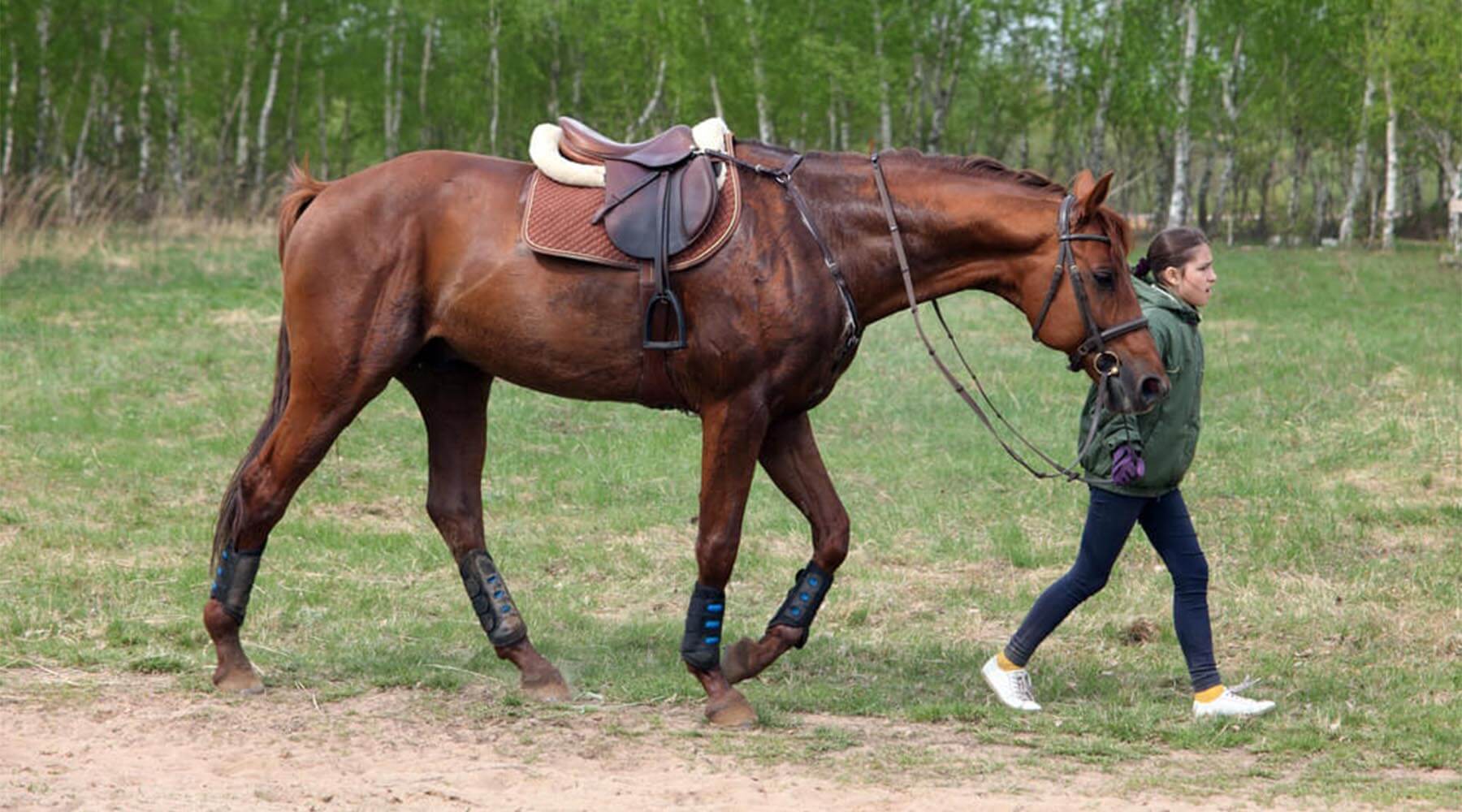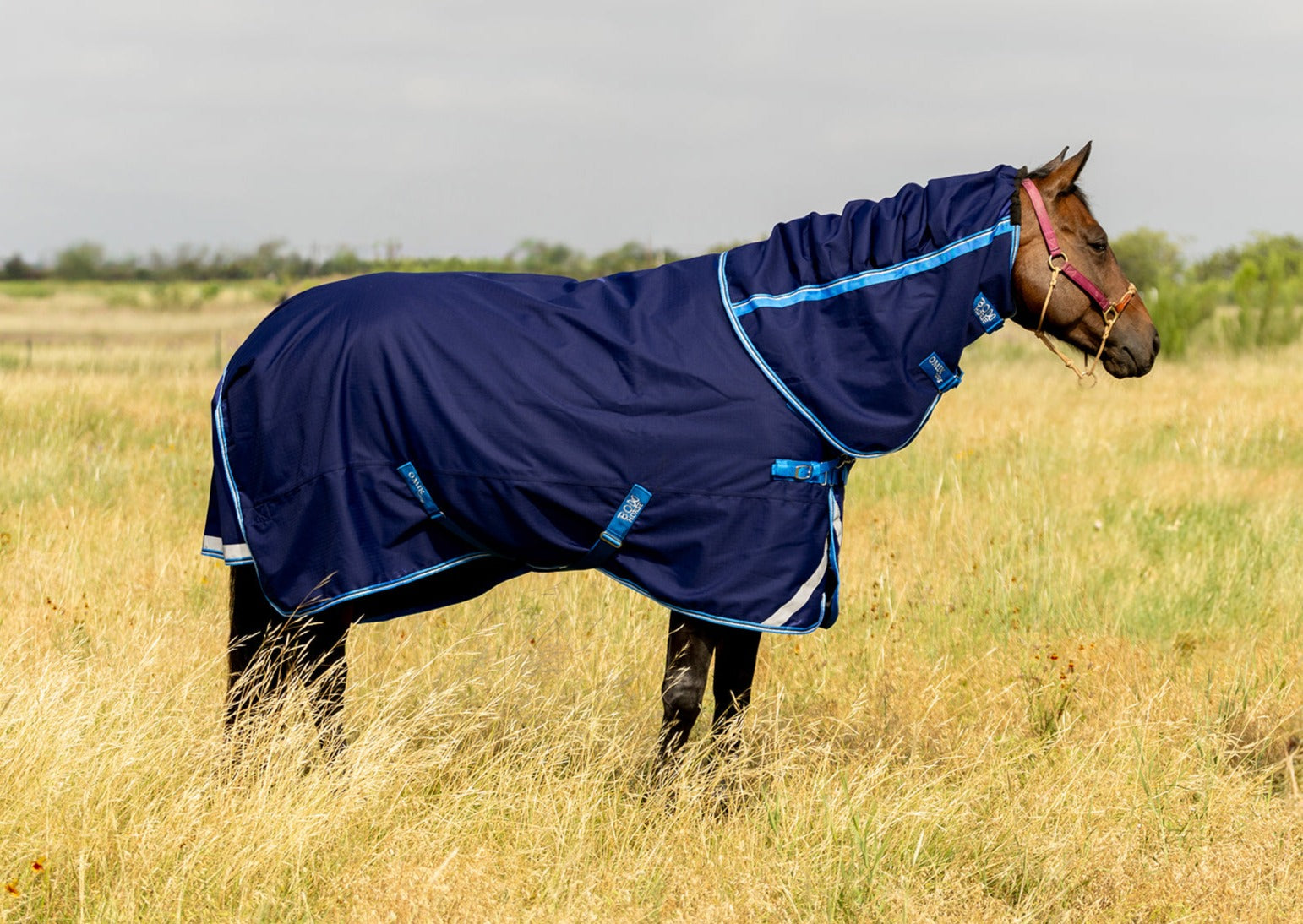Creating a horse blanket is not only cost-effective but also a rewarding task for any equestrian enthusiast. In this article, we will guide you through each step of the process of how to make a horse blanket. This guide is for everyone, whether you’re a professional or someone who just loves horses. With the right materials and a bit of patience, you too can make a fantastic horse blanket.

Gathering the Materials
The first step in learning how to make a horse blanket is gathering all the necessary materials. Here is a list of items you’ll need:
- Heavy-duty fabric such as wool or fleece
- Scissors
- Measuring tape
- Thread and needles
- Velcro straps
- Waterproof lining (optional)
Choosing the Right Fabric
Choosing the right fabric is crucial for making a durable and comfortable horse blanket. Fabrics like wool or fleece are excellent options due to their warmth and durability. You may also consider a waterproof lining to keep your horse dry during rainy conditions.

Measuring Your Horse
Accurate measurements are the key to a well-fitted blanket. Take a tape measure and record the length from the base of the horse’s neck to the tail. Also, measure the width from one side of the horse’s body to the other. These measurements will ensure the blanket fits your horse perfectly.
Understanding Horse Blanket Sizes
Standard horse blanket sizes vary based on the horse’s breed and build. Be sure to cross-reference your measurements with a size chart to find the best fit. It’s always better to go a size larger rather than smaller to ensure comfort.

Cutting the Fabric
Lay the fabric on a flat surface and use your measurements to cut the cloth. Ensure you add a few extra inches to each side for the seams and hems.
Template for Cutting
Before making the final cut, create a template on a piece of paper. This will help guide your scissors and ensure that each piece of fabric is cut accurately.
Sewing the Fabric
After cutting the fabric, it’s time to sew it together. Use a needle and thread that match your fabric color. Start by sewing the edges to prevent fraying and then sew the pieces together to form the shape of the blanket.
Double Stitching for Durability
For added durability, use double stitching on the seams. This will make the blanket robust enough to withstand daily wear and tear.
Adding Straps and Fasteners
The next step is adding straps and fasteners to the blanket. Velcro straps are a good choice because they are adjustable and easy to use. Sew the straps at the edges of the blanket to ensure a snug fit.
Placement of Straps
Strategically place the straps to avoid any discomfort for your horse. Typically, straps are added under the belly and around the chest area for a secure fit.
Finishing Touches
Once all the major components are sewn, inspect the blanket for any loose threads or weak seams. Make the necessary adjustments and give it a final touch-up.
Quality Check
Conduct a quality check to ensure the blanket is up to standard. Check the stitches, straps, and overall integrity of the blanket.
Washing and Maintenance
Regular washing and maintenance will keep your blanket in good condition for a long time. Use mild detergent and air dry to maintain the fabric’s quality.
Storing the Blanket
Proper storage is also essential. Make sure to store the blanket in a cool, dry place to prevent mold and mildew.
Common Mistakes to Avoid
Several common mistakes can occur while making a horse blanket. Avoiding them will save time and materials.
Incorrect Measurements
One of the most common mistakes is incorrect measurements. Always double-check your measurements before cutting the fabric.
Poor Quality Fabric
Using poor-quality fabric can result in a less durable blanket. Invest in good quality materials to ensure longevity.
Cost Considerations
Creating a horse blanket at home can be more cost-effective compared to purchasing one from a store. However, the cost of materials can add up, so plan your budget accordingly.
Price Comparison
Compare prices of different fabrics and materials to find the best deals without compromising quality.
Using the Blanket
Once your horse blanket is ready, it’s essential to know how to use it properly to ensure your horse’s comfort and safety.
Properly Fitting the Blanket
Make sure the blanket fits snugly but not too tight. An ill-fitted blanket can cause discomfort and even injury to your horse.
Conclusion
Making a horse blanket can be a fulfilling project for any horse lover. By following these detailed steps, you can create a durable and comfortable blanket that will keep your horse warm and protected.
FAQs
Q: What fabric is best for a horse blanket?
A: Wool or fleece are excellent choices due to their warmth and durability.
Q: How do I measure my horse for a blanket?
A: Measure from the base of the neck to the tail for length, and across the widest part of the body for width.
Q: How often should I wash my horse blanket?
A: It’s recommended to wash your horse blanket at least once a month.
For more information on horse blankets, visit Horse Blanketing FAQs.
Feel free to check out these related articles:
As an Amazon Associate, I earn from qualifying purchases.
